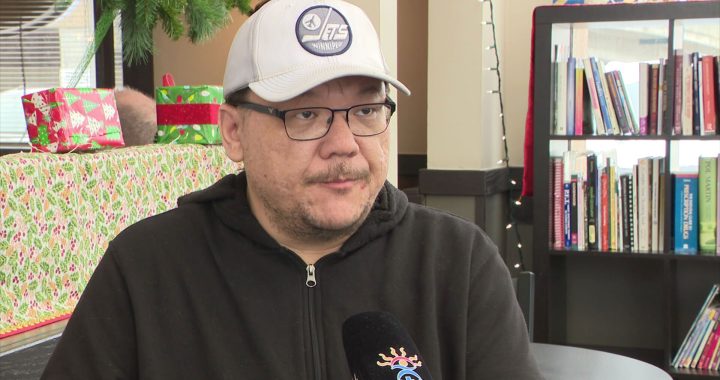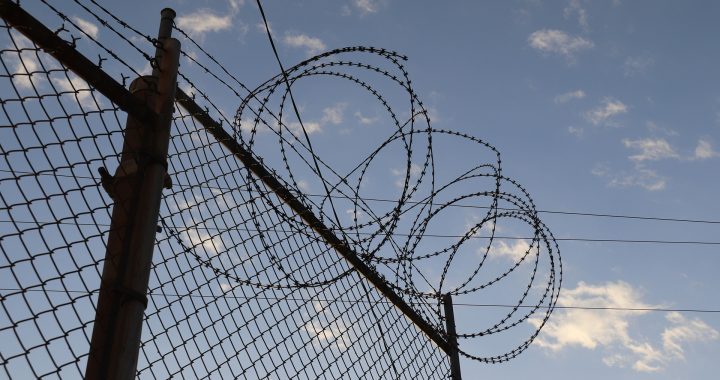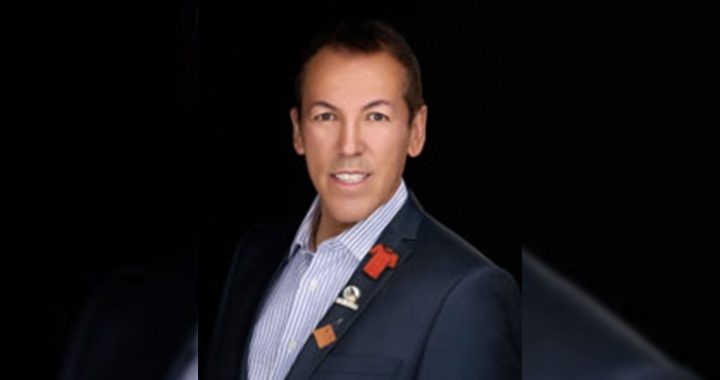The Southern Chiefs Organization (SCO) has signed a memorandum of understanding (MOU) with Winnipeg’s largest school division to ensure First Nations students have access to the support and resources they need to succeed.
The MOU signed by the Winnipeg School Division (WSD) and SCO will see a new Jordan’s Principle coordinator work with First Nation students.
“It’s important that we all take a hand in this I mean this is one Jordan’s Principle coordinator but change comes through the collective actions of teachers, resource workers, principals, gym teachers, mentors, school students, you know who all have to work together to create a positive atmosphere and to make people safe and that’s what we need to focus on as it relates to school and it’s a collective effort,” said SCO Grand Chief Jerry Daniels.
Passed in 2007 by the House of Commons, “Jordan’s Principle makes sure all First Nations children living in Canada can access the products, services and supports they need, when they need them,” says the federal government.
One way the coordinator will help is by showing students, staff and parents what supports are available in the first place and enhancing what is already there.
“We do tutoring services already, we have teaching assistants supporting kids, we do have clinical supports, we have the mental health services, we have cultural supports already, we have those things in place but how do we enhance and make them even more robust in order to achieve the goals of just being successful, wanting to come to school every day, feeling welcomed, those types of approaches,” said Rob Riel, director of Indigenous education at WSD.
The WSD has 79 schools throughout Winnipeg with an estimated 32,000 students enrolled. There are roughly 20 staff members that identify as Indigenous.
Riel added only about 28 per cent of students identify as First Nation status, but he projects 40 per cent are unidentified for a number of reasons and said this new coordinator will assist with so more students can access support.
“You can’t get support through Jordan’s Principle if you don’t have that status identification. So, our first thing that we’re going to do is before the end of the school year is set up an identification drive because we know there’s multiple families from our experience already working in Jordan’s Principle, that they don’t have that, or it takes 9 months or it’s you know really difficult to get that identification through the federal government, there’s lots of hoops you got to jump through,” Riel said.
As of 2020, Manitoba’s four-year high school graduation rate is 82.6 per cent.
For non-Indigenous students, the rate is 90.8 per cent and for Indigenous students, it drops to 50.9 per cent.
Daniels believes this position can assist in the learning, and in the overall health of students.
“It’s important for our students to feel valued because it actually shapes their self-worth, it shapes the way they see themselves in the world and the way they’re treated is impactful and so we have to make sure that they’re treated very well, that they’re welcomed in these institutions and that they’re given every opportunity to do well and live healthy, vibrant lives,” he said.
While there is only one coordinator position currently, both SCO and WSD said they would be looking at ways to expand the service, and potentially bring in more coordinators.
Stan Kipling, from Peguis First Nation, will be the coordinator for this initiative.










